
OR
France announces minimum wage increase, tax relief after repeated protests in Paris
Published On: December 11, 2018 12:00 PM NPT By: Agencies
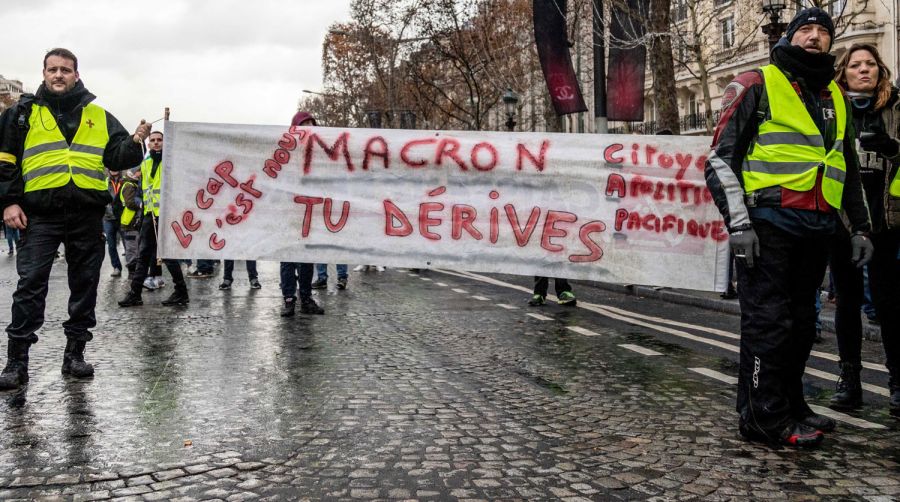
PARIS, Dec 11: French President Emmanuel Macron announced late Monday that he will increase France's minimum wage by 100 euros - about $114 - a month and slash overtime and some pension taxes in an effort to curb a wave of violent protests that have rocked the country for nearly a month and undermined the authority of his government.
The announcement, delivered in a brief televised address, came as Macron faced the most significant crisis of his young presidency: the so-called "yellow vest" movement, a popular uprising that began as a reaction to a carbon tax he had proposed but quickly became a revolt against Macron himself, who is widely perceived as out of touch with the concerns of ordinary people.
Although he roundly condemned the recent violence, Macron acknowledged that people have a right to be angry. "I don't forget that there is an anger, an indignation, which many of the French can share," he said, noting that he wants to declare a "state of economic and social emergency" to address their needs.
"We want a France where one can live proudly off one's work," he said.
The protesters took their name from the high-visibility yellow safety vests many wear in a literal and figurative attempt to be visible. On Monday night, Macron made them the focus, seeking in an uncharacteristically short, direct speech to emphasize that he had taken the problems of the vulnerable into account - the single mothers who cannot afford child care, the retirees who work their entire lives only to struggle in old age.
"I saw them," he said.
For weeks, Macron remained largely aloof as protesters blocked roads throughout France and wreaked particular havoc in Paris - burning cars, clashing with riot police and ransacking monuments like the Arc de Triomphe. Under mounting pressure, the government withdrew the carbon tax last week, but the protests continued regardless.
This was a crisis triggered, in no small part, by language. A number of protesters told The Washington Post in both Paris and provincial France that it was Macron's personality - but especially his words - that drove them into the streets. They especially resented what they considered his disdain for the working class, citing several remarks he had made since his election in 2017.
In June, Macron, a former investment banker, referred to welfare spending as "crazy money." In September, he told a young, unemployed gardener that it should be easy to find another job. "You just need to go and get them," he said. "Honestly, hotels, cafes, restaurants - if I walk across the street, I will find you something."
At the same time, Macron slashed France's famously high wealth tax and introduced instead a flat tax on capital gains, largely to encourage investment. On Monday, Macron resisted protesters' demand that he reinstate the wealth tax.
"This tax has been eliminated for those who invest in our economy and therefore help to create jobs," he said.
He did, however, address his gaffes, although he stopped short of an unequivocal apology.
"I also know that I happened to hurt some of you with my words," he said. "As for my legitimacy, I do not draw it from any title, party or coterie; I draw it from you and from no one else."
Although some demonstrators have vowed to protest for the fifth week, analysts said that the tone the president struck Monday could ease tensions.
"Macron chose a solemn, solid but humble tone of voice, and that was the best way to show - rather than just tell - that he had learned his lesson," said Cécile Alduy, an expert in political rhetoric. Still, she added, the wage and pension increases could prove more persuasive to many.
"Actions, not words, are what could save Macron at this point," she said.
You May Like This

Women's World Cup kicks off in France, but you'd barely know it in Paris
PARIS, June 7: The Women’s World Cup kicks off on Friday as hosts France take on South Korea. But if... Read More...
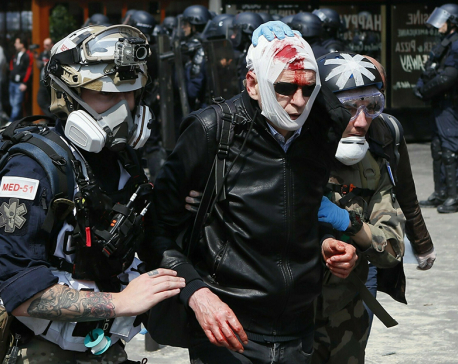
French police clash with May Day protesters on Paris streets
PARIS, May 1: French police clashed with stone-throwing protesters as tens of thousands of people started marching in Paris Wednesday... Read More...
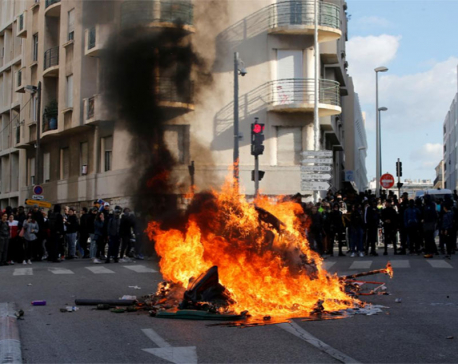
Fearing "Act IV" of unrest, France to close Eiffel Tower, Louvre, at weekend
PARIS, Dec 7: France will close the Eiffel Tower and other tourism landmarks in Paris and draft in thousands more... Read More...




Just In
- Take necessary measures to ensure education for all children
- Nepalgunj ICP handed over to Nepal, to come into operation from May 8
- Nepal to gift two elephants to Qatar during Emir's state visit
- NUP Chair Shrestha: Resham Chaudhary, convicted in Tikapur murder case, ineligible for party membership
- Dr Ram Kantha Makaju Shrestha: A visionary leader transforming healthcare in Nepal
- Let us present practical projects, not 'wish list': PM Dahal
- President Paudel requests Emir of Qatar to help secure release of Bipin Joshi held hostage by Hamas
- Emir of Qatar and President Paudel hold discussions at Sheetal Niwas



_20240423174443.jpg)







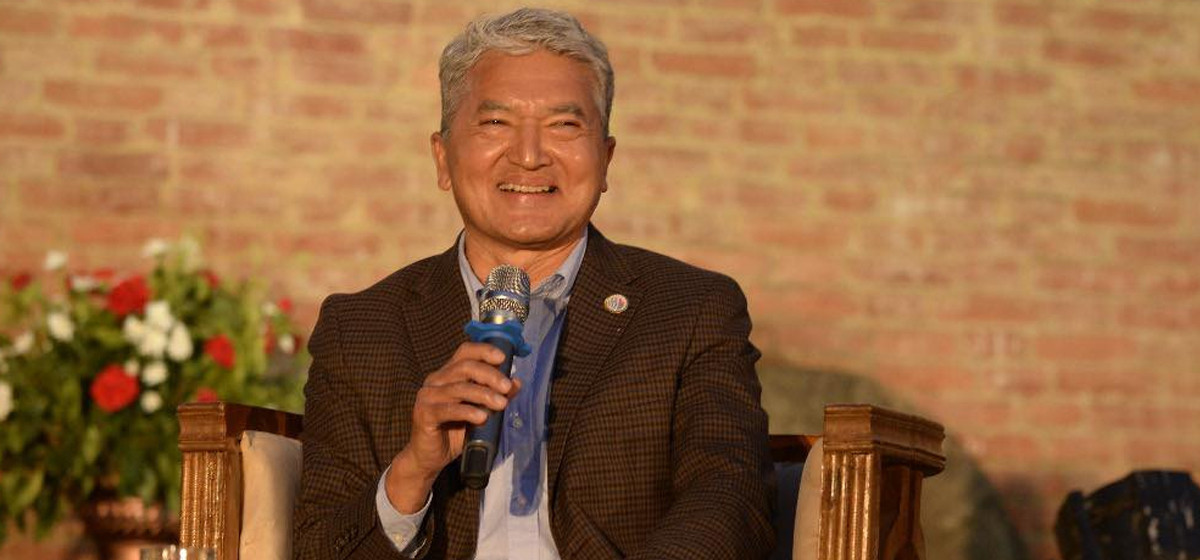
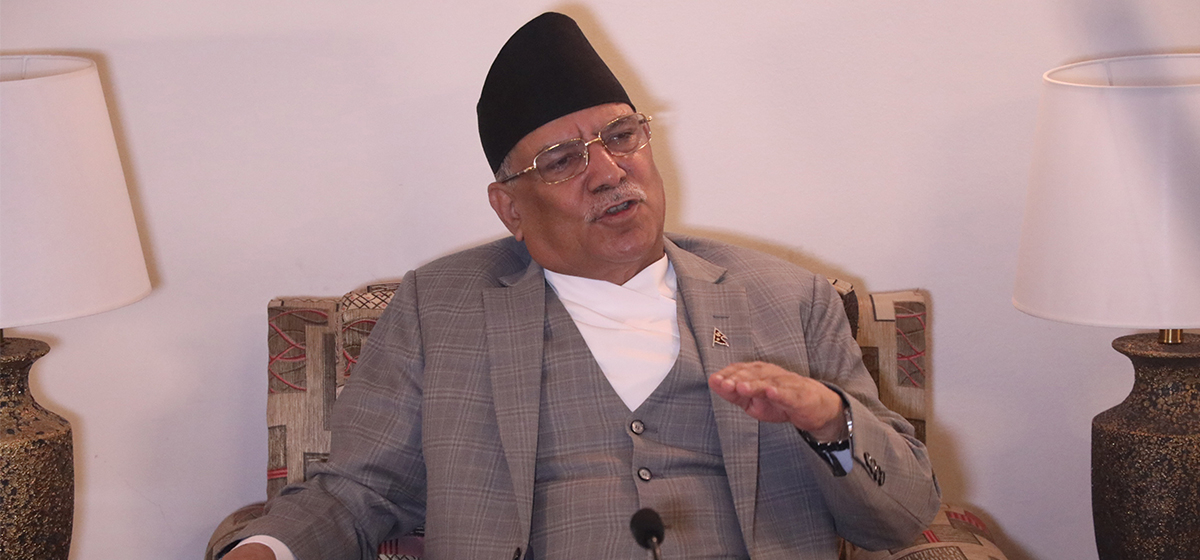

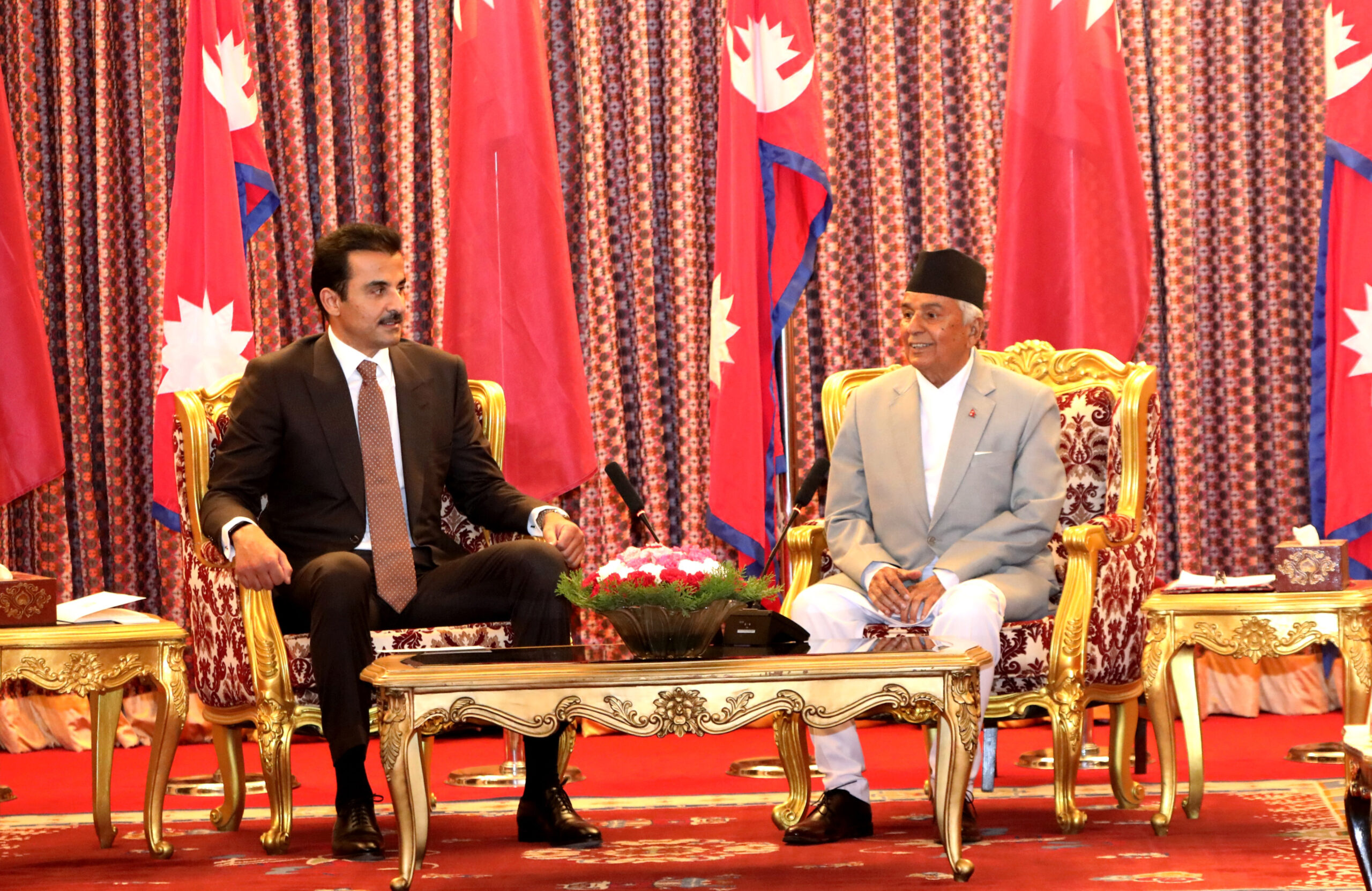
Leave A Comment